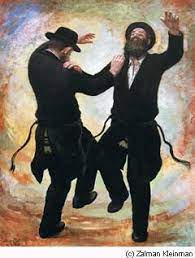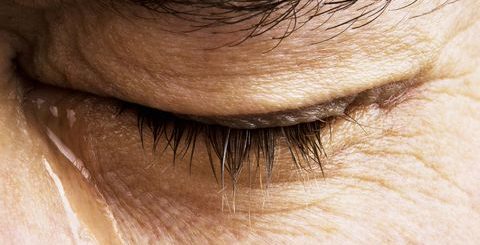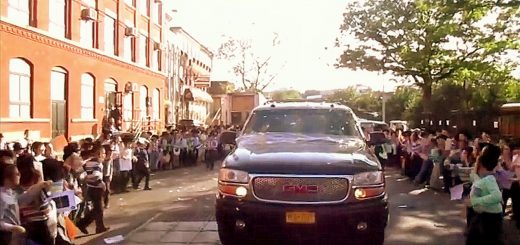Beha’aloscha – Woe Isn’t Us

The reflexive form of the word k’mis’onenim (“The people were mis’onenim [complaining] bitterly before Hashem” – Bamidbar 11:1) indicates that our ancestors were self-focused in their grumbling. They were mourning themselves, sorrowful (as per the Ramban, who cites the phrase ben oni, Beraishis 35:18) over their lot.
Entering the desolateness of the desert, they felt pangs of worry or fear.
But, aside from the construct of the word, there is its prefix, the k’, which indicates “like” or “as.”
Rav Chaim Vital understands that qualifier as conveying the fact that the complaint was not verbalized, but rather (perhaps this, too, indicated by the reflexive) internal, silent.
Another possibility occurs. Namely, that complaining, mourning, feeling sorry for one’s lot, as easy and common as it may be, is in conflict with the essence of a Jew.
Our purpose in life is to serve Hashem, and doing so goes hand in hand with simcha, joy – the opposite of aninus. As in Mizmor LeSoda that we recite daily, we are to “Worship Hashem in happiness; come into His presence with joy.” (Tehillim 100:2)
So to call Jews mis’onenim isn’t an option. If we feel sorry for ourselves and bemoan our lots, it is born of something extraneous to our essence. We can be K’mis’onenim” – like complainers. But the Jew in his essence is a makir tov, a discerner of blessings, an acceptor of his lot with joy, a bearer of a korban Todah.
© 2022 Rabbi Avi Shafran
My most recent Ami Magazine column, “Armed and Evil,” can be read here.




Recent Comments